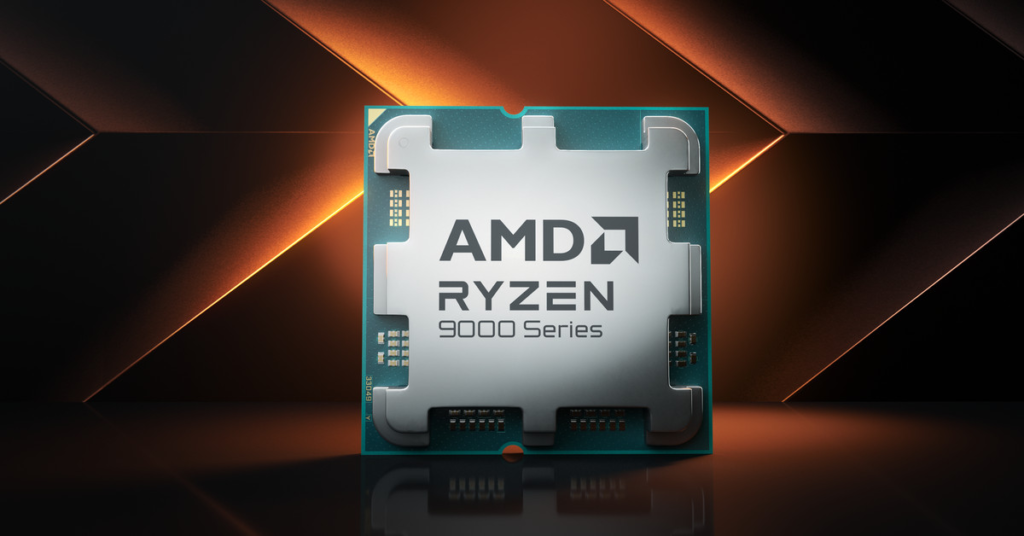AMD is releasing a new BIOS update that will improve the performance of Ryzen 9600X / 9700X processors and resolve some latency issues. The performance improvements and latency reductions arrive about a month after disappointing Zen 5 desktop CPU reviews and arrive alongside a Windows 11 update that includes AMD-specific branch predictions optimized for Zen 4 and Zen 5 chips.
CPU reviewers have been reporting higher-than-expected core-to-core latency on Ryzen 9000 series desktop processors, and now AMD has addressed the issue with new BIOS optimizations.
The latest update for AMD AM5 motherboards includes AGESA PI 1.2.0.2 firmware, which AMD says will address “edge cases” where sharing information between different parts of a Ryzen 9 9000 processor requires two transactions for reading and writing. . “We have successfully reduced the number of transactions in this use case by half, which helps reduce core-to-core latency in multi-CCD models,” AMD said.
This BIOS update also includes a new 105-watt cTDP option to increase the thermal design power of Ryzen 9600X and 9700X. “These processors have been validated at 105W since launch, so you won’t push them beyond their design limits,” AMD said. “This improvement is particularly beneficial for multi-threaded workloads, but you may also see some gains in less-threaded applications.”
You’ll need to make sure you have proper cooling to enable the 105-watt mode, but AMD says this should increase the performance of the Ryzen 9600X and 9700X by about 10%. This new model won’t void your warranty either.
AMD is also launching its next round of AM5 motherboards this week, with both the X870 and X870E motherboards available at retailers. AMD’s latest Ryzen 9000 series CPUs don’t require these new motherboards, but they do come standard with USB 4.0 and also include PCIe 5 Gen 5 on the graphics card and NVMe sides, which can be used simultaneously. There are rumors that the upcoming RTX 5090 will be a PCIe Gen 5 card, and AMD says that “now that we are on the cusp of a new generation of graphics cards,” having full PCIe Gen 5 support is more important than ever.
X870 and X870E motherboards also support higher clock frequency memory. AMD has now enabled DDR5-8000 EXPO support on these new motherboards, improving latency by approximately 1 to 2 nanoseconds compared to DDR5-6000.

